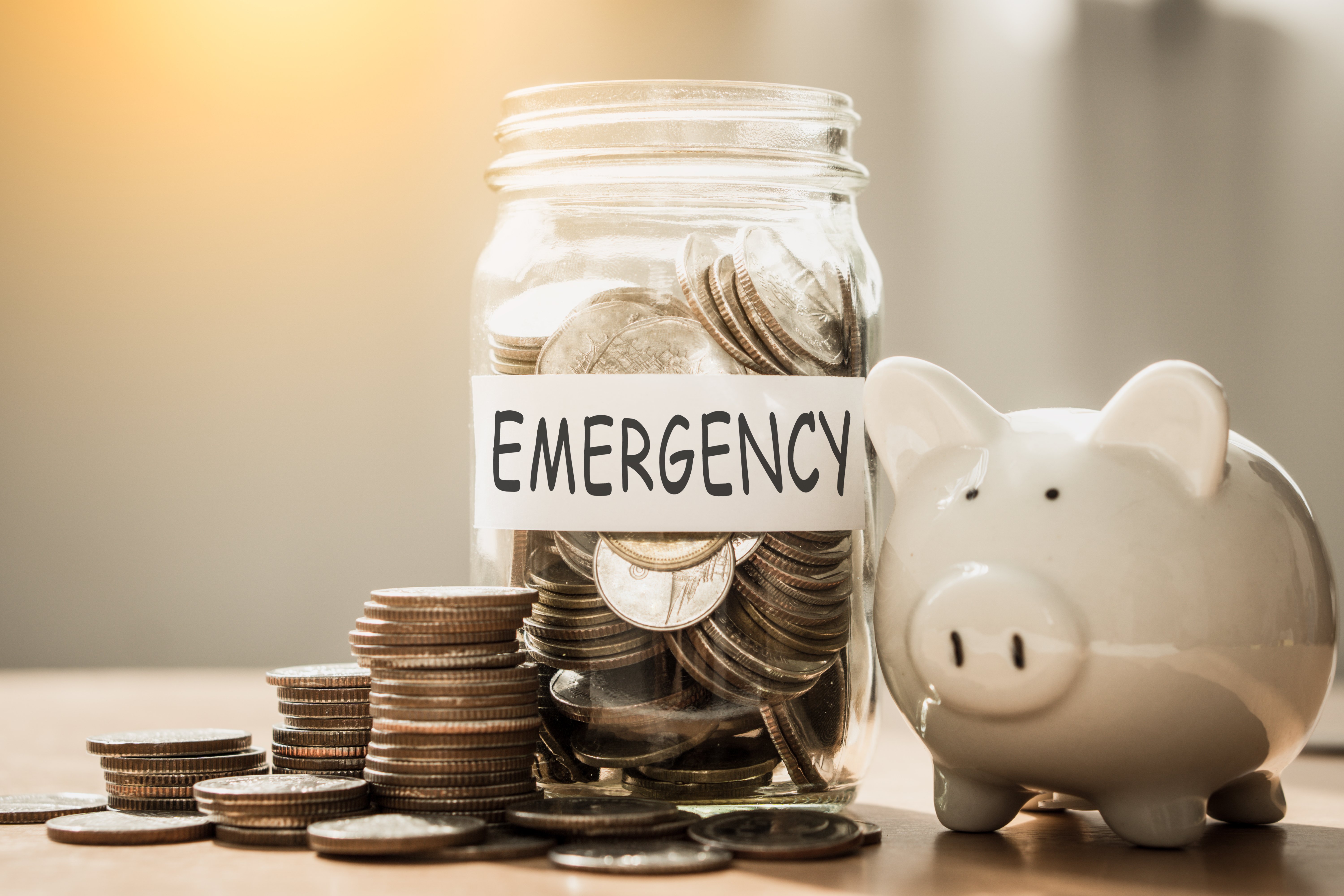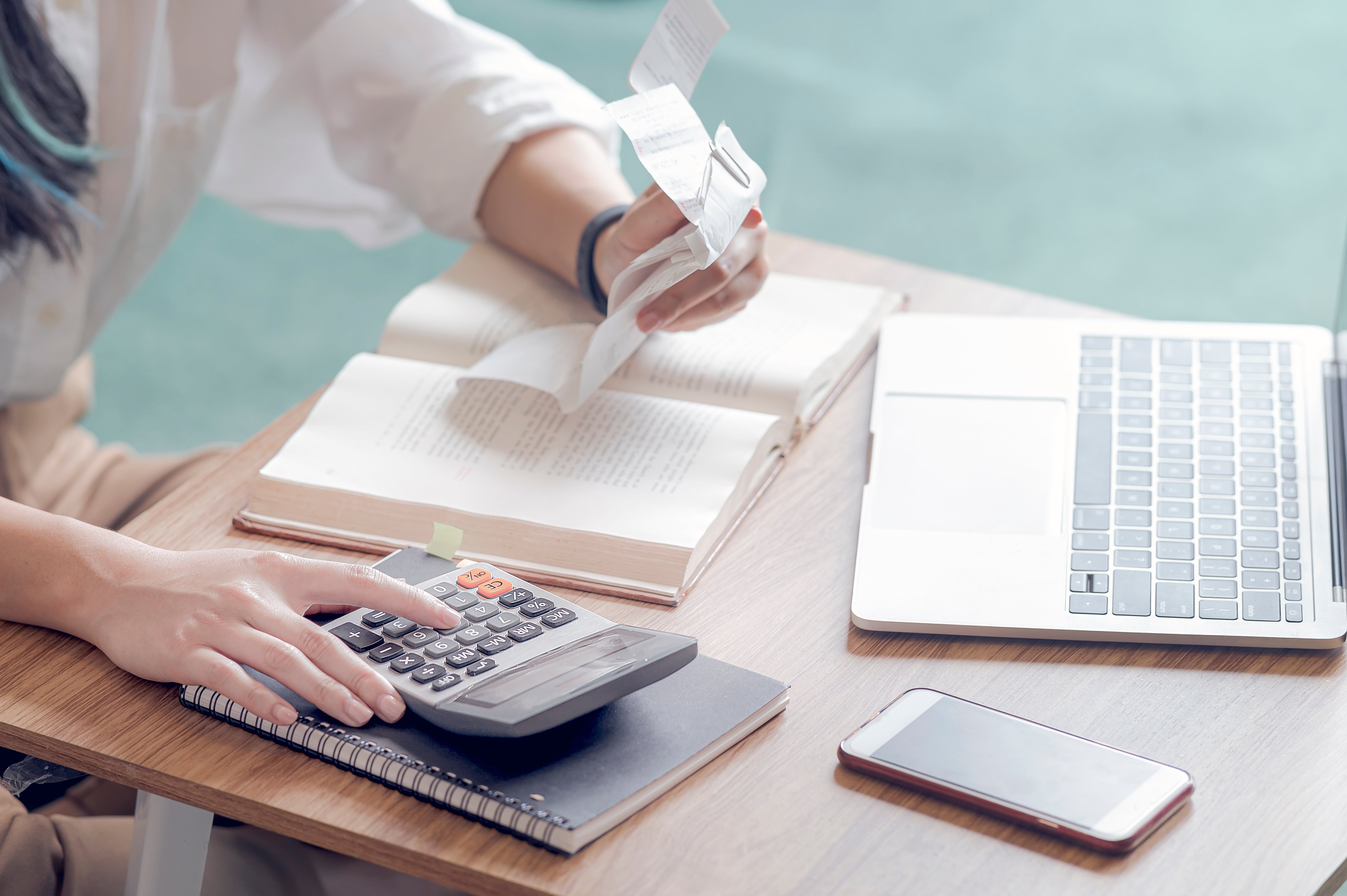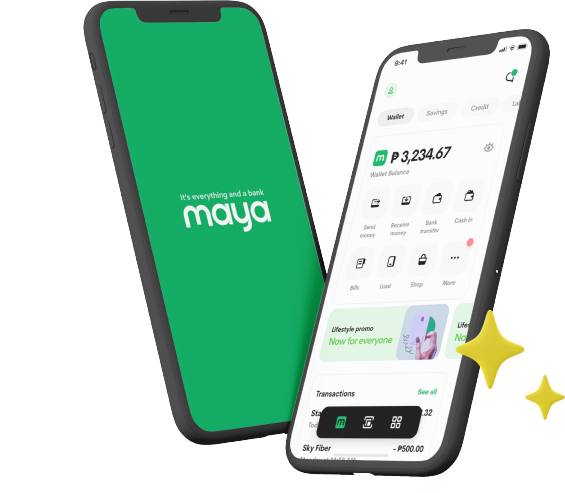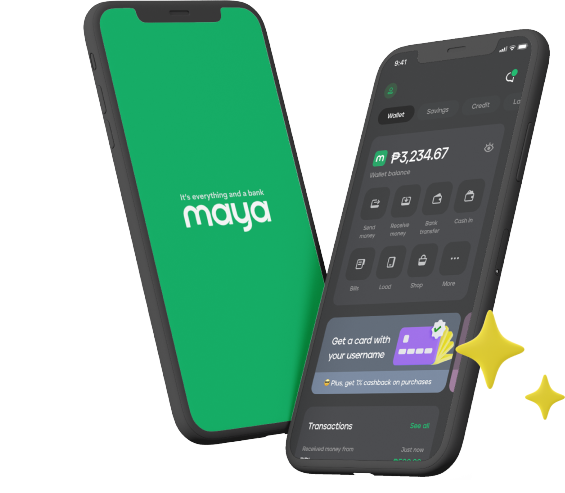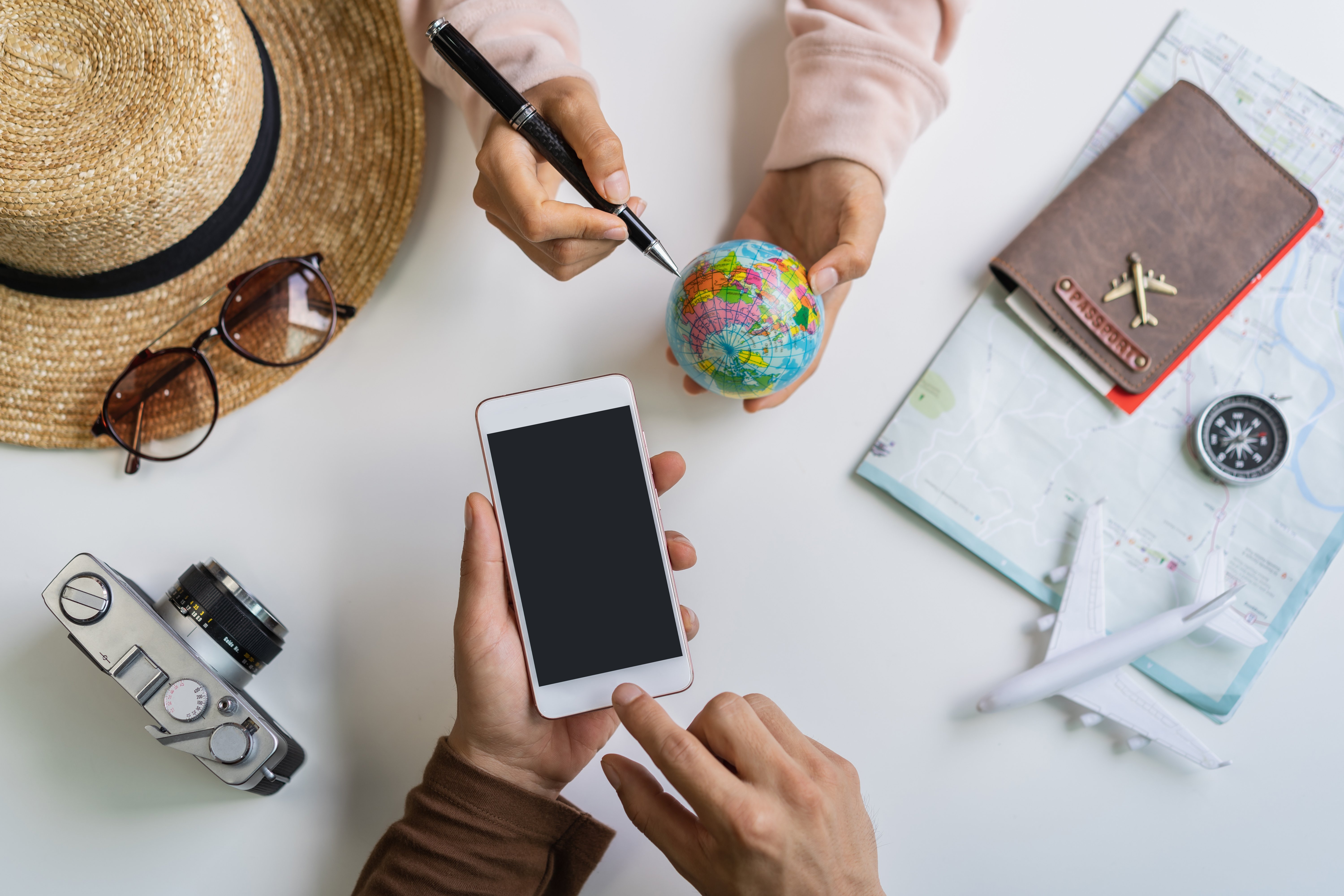
Traveling overseas offers a wealth of exciting opportunities to experience new cultures, explore breathtaking cityscapes and nature destinations, and enjoy activities that create lasting memories. From sightseeing iconic urban locales to relaxing on beautiful beaches, the world is full of adventures just waiting to be explored. However, amid the excitement of travel, it's crucial to stay vigilant about one important aspect: keeping your credit card safe and secure.
A compromised credit card while traveling can quickly turn a dream vacation into a stressful ordeal. Whether you’re dealing with a stolen card, fraudulent transactions, or a lost wallet, these issues can disrupt your plans, cause financial complications, and create unnecessary stress during an otherwise enjoyable trip. That said, it’s essential to take proactive steps to protect your credit card from potential threats. In this article, we'll provide practical tips to help you keep your credit card safe while traveling, ensuring that you can focus on your journey and make the most of your time abroad.
Inform Your Bank about Your Travel Plans
Before embarking on your trip, make sure to notify your bank or credit card company about your travel plans at least a week in advance if your bank requires it. Many financial institutions have fraud detection systems that flag unusual transactions, and if your bank sees charges from a foreign country, they may freeze your card to prevent fraudulent activity. This can be incredibly frustrating when you’re abroad and need access to funds. However, if you inform your bank ahead of time, you can ensure that your card works smoothly while you're traveling without interruptions.
The great thing about the Landers Cashback Everywhere Credit Card from Maya is that you don’t have to call customer service anymore if you’re traveling overseas. Once you’ve activated your credit card, you’ll be able to use it anywhere, without hassle. Moreover, it’s very easy to turn foreign transactions on or off if you need to. Simply navigate to the Limits and Control section of the Maya app to toggle the option.
Use Secure ATMs
If you plan to withdraw cash using your credit card while abroad, it's important to choose ATMs carefully to avoid potential security risks. It’s ideal to use machines located in well-lit, secure areas such as inside banks, as these are less likely to have been tampered with. Publicly accessible ATMs, especially those in busy tourist areas, can sometimes be targets for card skimmers—devices placed on card readers to capture your card information. Thus, take a moment to inspect the ATM for any unusual attachments or signs of tampering. These may look like extra plastic coverings on the card slot, loose parts, or unusual bulges around the machine. Checking the machine before inserting your card is one of the best ways to protect your card, if you’ve been wondering how to ensure safe transactions while banking abroad.
Furthermore, try to use ATMs that are part of your card’s global network, as they’re more likely to offer better security features and customer support in case something goes wrong. Being cautious and selecting secure ATMs can help keep your financial information safe during your travels.
Set Spending Limits
Setting spending limits on your credit card is a proactive measure that can help protect your finances while traveling. When you place a cap on daily or transaction amounts, you can ensure that even if your credit card details are compromised, fraudulent transactions will be limited. This is especially useful if your card is lost or stolen, as it prevents unauthorized users from making large purchases.
Many credit card issuers allow you to easily set daily or transaction-specific limits through their online banking portal or mobile bank. Maya, for instance, allows Landers Cashback Everywhere Credit Card holders to set their spending limits via the Maya app. To do this, they must simply follow these steps:
- Log in to Maya and go to Cards
- Select Landers Cashback Everywhere Credit Card
- Tap the gauge icon to open the Limits and Controls screen to set their preferred limit
Maya credit cardholders can assign daily spending limits to different types of credit transactions. These include foreign transactions, daily spending, online payments, contactless payments, and cash advances (up to 30% of the cardholder’s assigned credit limit).
Avoid Using Public Wi-Fi When Shopping or Banking Online
Public Wi-Fi networks, such as those found in airports, cafés, hotels, and other public spaces, may seem convenient for staying connected while traveling. However, they’re also prime targets for hackers looking to steal sensitive financial information and personal data. These networks are typically unsecured, meaning the information you transmit over them can easily be intercepted. When you log into your bank account or make online purchases over public Wi-Fi, cybercriminals could be monitoring your activity, putting your financial security at risk.
To protect yourself, avoid conducting any financial transactions over public Wi-Fi, including shopping online or accessing your banking apps. If you must use these networks for such activities, consider using a Virtual Private Network (VPN). A VPN encrypts your internet connection, making it far more difficult for hackers to access your information. Using a VPN ensures that even on unsecured Wi-Fi, your credit card details and personal data are protected from prying eyes.
For added protection, you can use your card’s dynamic CVV (if available). This feature provides an extra layer of security by ensuring that the CVV code changes regularly, making it much harder for hackers to use stolen information for fraudulent transactions.
Maya enables Landers Cashback Credit Card holders to access their card’s dynamic CVV via the app. This way, cardholders can make more secure online credit card transactions, as the dynamic CVV code is only valid for 24 hours, and a new number is generated every time the card details are accessed in the app. Taking these precautions can help you keep your financial information safe, allowing you to enjoy your travels without the worry of cybercrime.
Report and Block a Compromised Card Immediately
If you suspect that your credit card has been lost, stolen, or damaged, you must take immediate action. The longer you wait, the higher the risk that unauthorized transactions could drain your funds or lead to further issues. Thus, should you realize your credit card has been compromised in any way, report the issue to your credit card issuer right away. Most banks and credit card companies have 24/7 customer service numbers for emergencies, allowing you to freeze your account and prevent any additional charges. Some issuers, like Maya, also let you freeze your card via the app, giving you time to investigate and resolve the situation if you don’t want to permanently block your card or request for a new one yet. If, however, you decide to block a compromised Maya credit card, you must do the following:
- Log in to Maya and go to Cards
- Select your credit card
- Tap the gear icon to open the Card Settings screen
- Select Card Security, then Replace This Card
- Select the reason why you’re replacing your card, like a lost Maya credit card, and tap Confirm
- Once blocked, you can tap Order a New Card to get a replacement (card replacement fees apply)
After doing this, the compromised card will be canceled and any future transactions using it will be automatically declined. This makes Maya one of the most secure credit card issuers in the Philippines.
Safeguarding your credit card is an essential part of ensuring a stress-free and enjoyable travel experience. While exploring new destinations and creating unforgettable memories are exciting parts of travel, taking the necessary precautions to protect your financial information allows you to focus on your adventure, rather than worry about potential security risks. With the right steps in place, you can confidently navigate your travels, knowing your finances are secure.
You might also like
These Stories on Maya Bank

